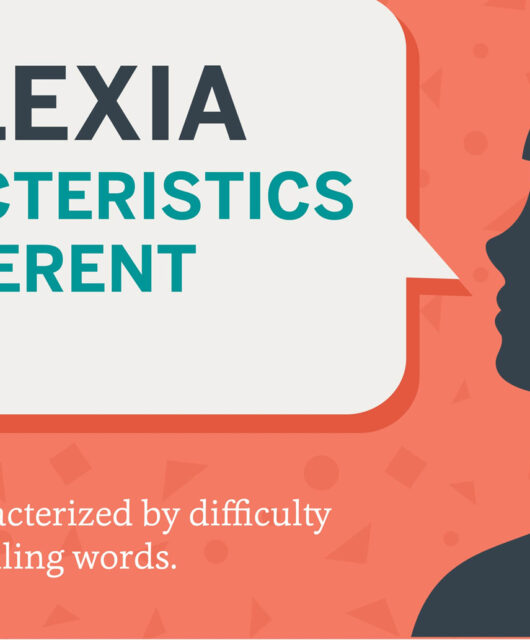How to Settle Tax Debt With the IRS
Borrowing money comes with high-interest rates and often high fees for early withdrawals. The same is true for tax debts.
Your tax debt with the International Revenue Service (IRS) is accruing interest the moment the IRS deems that you owe money. You could wind up with a bill that exceeds your yearly profit.
Thus, it’s in your best interest to research your options when it comes to tax payments. Want to learn more? Keep reading and we’ll tell you your options so you can settle tax debt with the IRS.
Table of Contents
Installment Agreements
An installment agreement allows you to pay off your tax debt gradually in equal, regular payments. To settle your tax debt through an installment agreement with the IRS, you will need to complete Form 9465 and submit it to the IRS. In this form, you will need to include a breakdown of your estimated tax liability and show your financial situation.
The IRS will then approve your application and set up a payment plan. You’ll need to make sure you stick to the payment plan and pay the amount agreed upon until you pay off your entire debt. If you don’t make monthly payments, your agreement can be subject to cancellation.
Offer In Compromise
An offer in compromise (OIC) is a program designated by the IRS to help taxpayers settle tax debt. This program is based on an agreement between the taxpayer and the IRS on a lower payment, than what is owed.
To qualify once you’ve submitted your OIC application, you must be current on filing your tax returns and payments. You must also provide financial details to the IRS and come to an agreement that is the least amount necessary. This is to fully resolve your outstanding tax bill.
Once you reach an agreement with the IRS, you must follow all payment terms and remain compliant with tax laws in the future. And you must continue to make all currently required estimated tax payments and file returns while under the offer.
Not Currently Collectible
If you have a tax debt you cannot pay, you may be able to settle with the IRS through the Not Currently Collectible (NCC) status. This will allow the IRS to suspend collection activity temporarily on your tax debt.
To qualify, you must provide evidence that paying the debt would cause financial hardship. The IRS will review this evidence and decide.
Your NCC status will be reevaluated every year. If at any time the IRS determines that your financial situation has improved, they may begin collection activity again.
File for Bankruptcy
If you are unable to settle your tax debt with the IRS, you may want to consider filing for bankruptcy. Bankruptcy is a legal process that discharges your tax debt and any other type of unsecured debt in your name.
When filing, it is important to make sure all your paperwork is accurate so that the IRS accepts it. It is also important to get professional help from an experienced bankruptcy and tax lawyer.
Settle Tax Debt With the Options Above
The best way to settle tax debt with the IRS is to proactively collaborate with them to negotiate a mutually beneficial solution. Staying informed and seeking expert guidance can serve to help you take control of your tax situation and shape a resolution with the IRS.
Do your research. Call an expert. And get started on the process of settling your tax debt with the IRS.
Did you find this article helpful? If so, check out the rest of our site for more.









